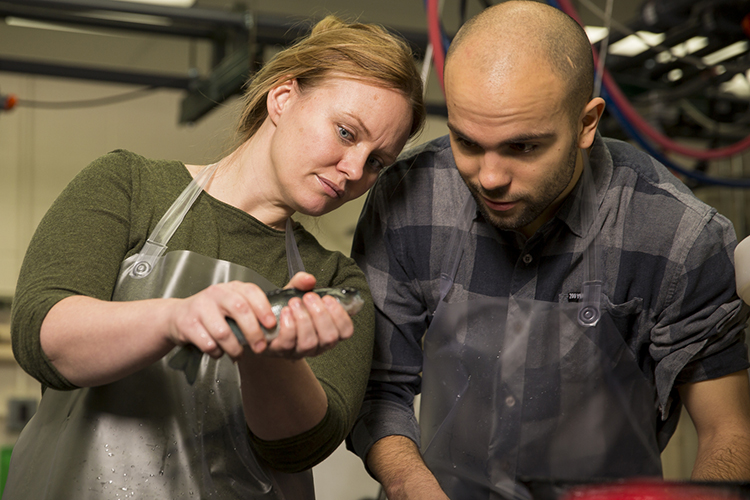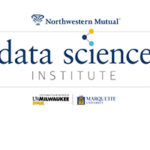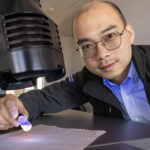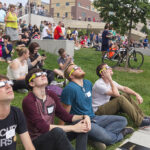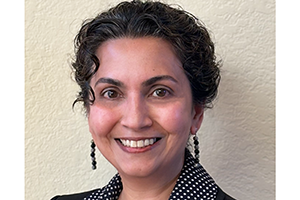Fresh-caught fish spoiled Katie Roeder while she was serving with the U.S. Navy in Spain.
“I got used to having all that wonderful fish available at the open markets,” she said. Later, while working in New Orleans, she realized that people in poverty often lived in neighborhoods with little or no access to fresh sources of protein.
Having experienced best- and worst-case scenarios for groceries – particularly for protein sources like fish – Roeder decided to explore indoor fish farming while studying at UWM’s School of Freshwater Sciences. She enrolled in an Urban Aquaculture Certificate Program, a series of five courses that undergraduate and graduate students can take in addition to their degrees.
“I never wanted a cubicle job,” she said. “These courses are very hands-on and that’s something I really like. They allow you to touch all aspects of raising fish in the city.”
The market is hungry for aquaculture and its cousin, aquaponics – the combined cultivation of fish and vegetables. Natural fish populations are declining because of invasive species and over-fishing, and the United States imports most of the seafood needed to meet consumer demand.
Commercial potential is greatest for high-quality fish like yellow perch, which retails for about $17 a pound.
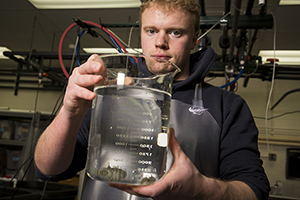
A leader in aquaculture research since the 1970s, UWM introduced the certificate program in 2014 to give entrepreneurs and their employees tested methods to successfully operate large-scale, year-round fish farms in urban settings. By fall, new aquaculture training labs will be in use, funded by a grant from the UW System.
UWM’s introduction of the certificate program coincides with an increased public interest in local food production without using agri-chemicals, Assistant Professor Jhonatan Sepulveda Villet said.
“The advantage of raising fish indoors in a controlled environment is that you know exactly what is going on,” he said. “Done correctly, it offers bio-security and is more productive per square foot than a pond.”
But aquaculture is an exact science and replicating nature is tricky, Sepulveda Villet said. Training in microbiology, fish ecology and water chemistry greatly improves the changes for a successful enterprise.
Erik Jorgenson earned his bachelor’s degree at UW-Stevens Point and then enrolled at UWM because it was among the first universities to offer aquaculture courses. He became one of the first students to earn a certificate and credits the program with helping him land his job as an aquatics technician with the U.S. Department of Agriculture.
“I was able to gain a lot of hands-on experience in coursework such as microbiology, fish handling and necropsy,” Jorgenson said, “along with guidelines for designing and managing a recirculating aquaculture system.”
In addition to food production, aquaculture course work can be useful in fish hatchery work, medical laboratories that use fish in research, and other businesses in which environmental cleanliness and water chemistry are important.
Stephen Binter, a graduate student at the school, enrolled in the certificate program because he wanted to be involved in making urban aquaculture economically viable. But the Madison native is discovering the versatility of the training.
For example, he is applying his knowledge this semester in an internship at a local brewery.
“A lot of aspects of aquaculture and brewing are similar,” said Binter. “It’s all about fine-tuning the environment.”
To enroll in the urban aquaculture certificate program, apply by March 1 at uwm.edu/aquaculture.
